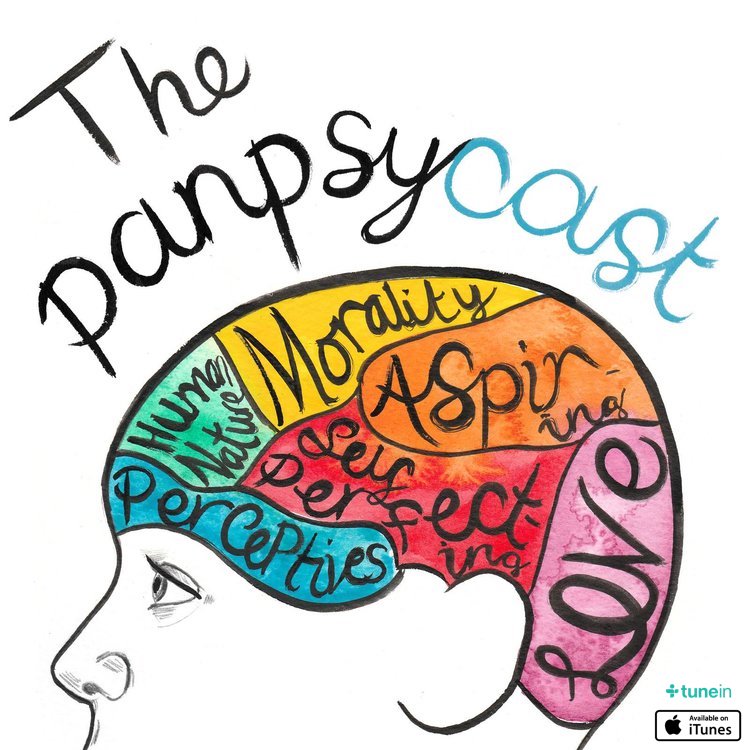Welcome to Episode 29 (Part I), where we'll be interviewing Dr Stephen Law and discussing his 'Evil-God Challenge'.
Dr Stephen Law is a Reader in philosophy at Heythrop College, University of London, and editor of the Royal Institute of Philosophy journal THINK. Amongst many other books, Stephen Law is the author of A Very Short Introduction to Humanism, The War for Children's Minds, The Philosophy Gym, and Believing Bullshit: How Not to Get Sucked into an Intellectual Black Hole.
Stephen Law has debated many Christian philosophers, including William Lane Craig, John Lennox and Alvin Plantinga. Our central focus today is Law’s main argument against the existence of God – 'The Evil-God Challenge'. The evil-god challenge can be stated as follows: why should we consider the hypothesis that there exists a good-god, significantly more reasonable than the hypothesis that there exists an evil-god?
This week in Part I, we'll be introducing Stephen and setting up the 'Evil-God Challenge'.
Share your thoughts and feedback @thepanpsycast.
The file size is large, please be patient whilst the podcast buffers/downloads/rejects the good-god hypothesis
Part I. The Evil-God Challenge (start of Part I)
Part II. Further Analysis and Discussion (start of Part II)
Episodes 29-31 are proudly supported by New College of the Humanities. To find out more about the college and their philosophy programmes, please visit www.nchlondon.ac.uk/panpsycast.









